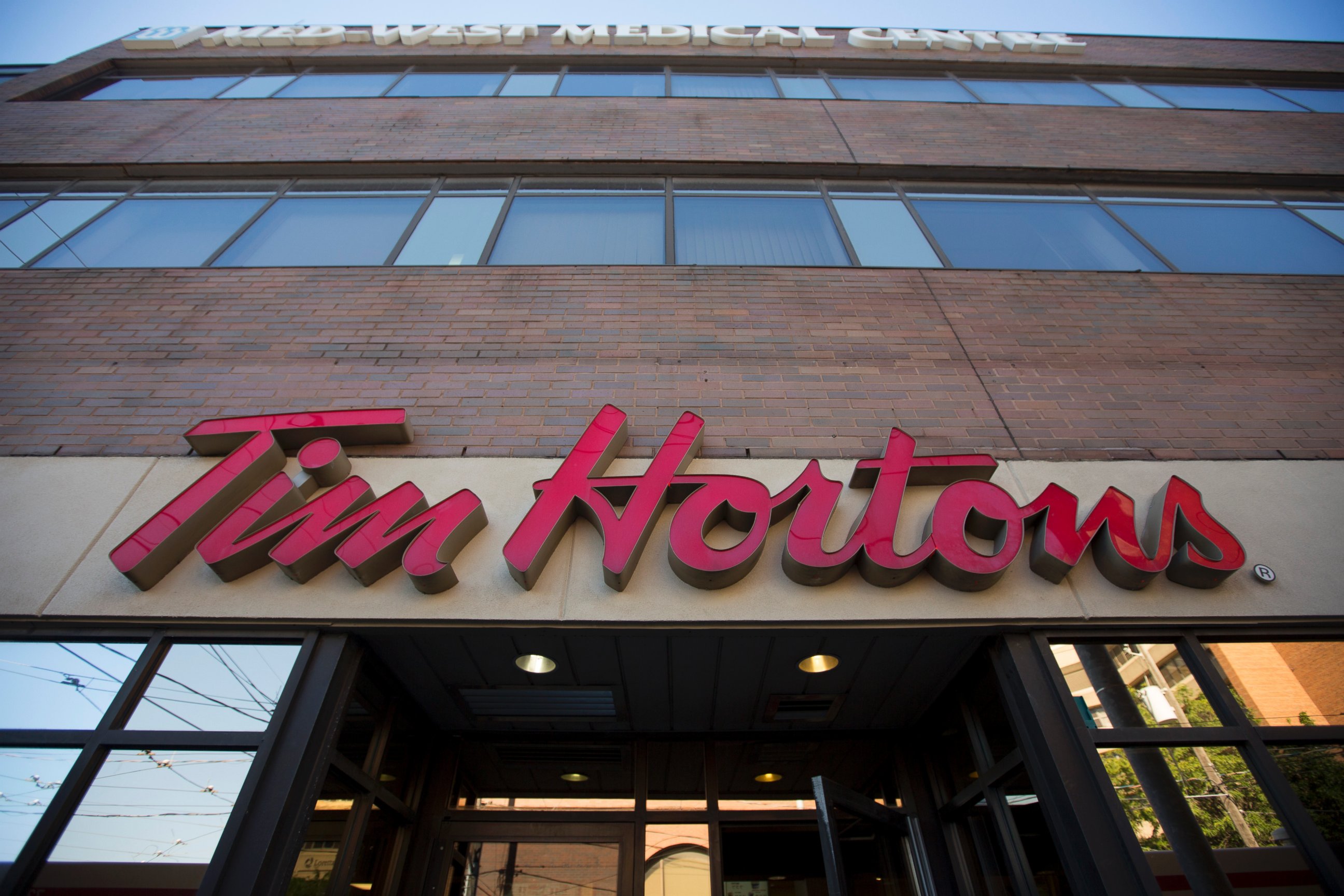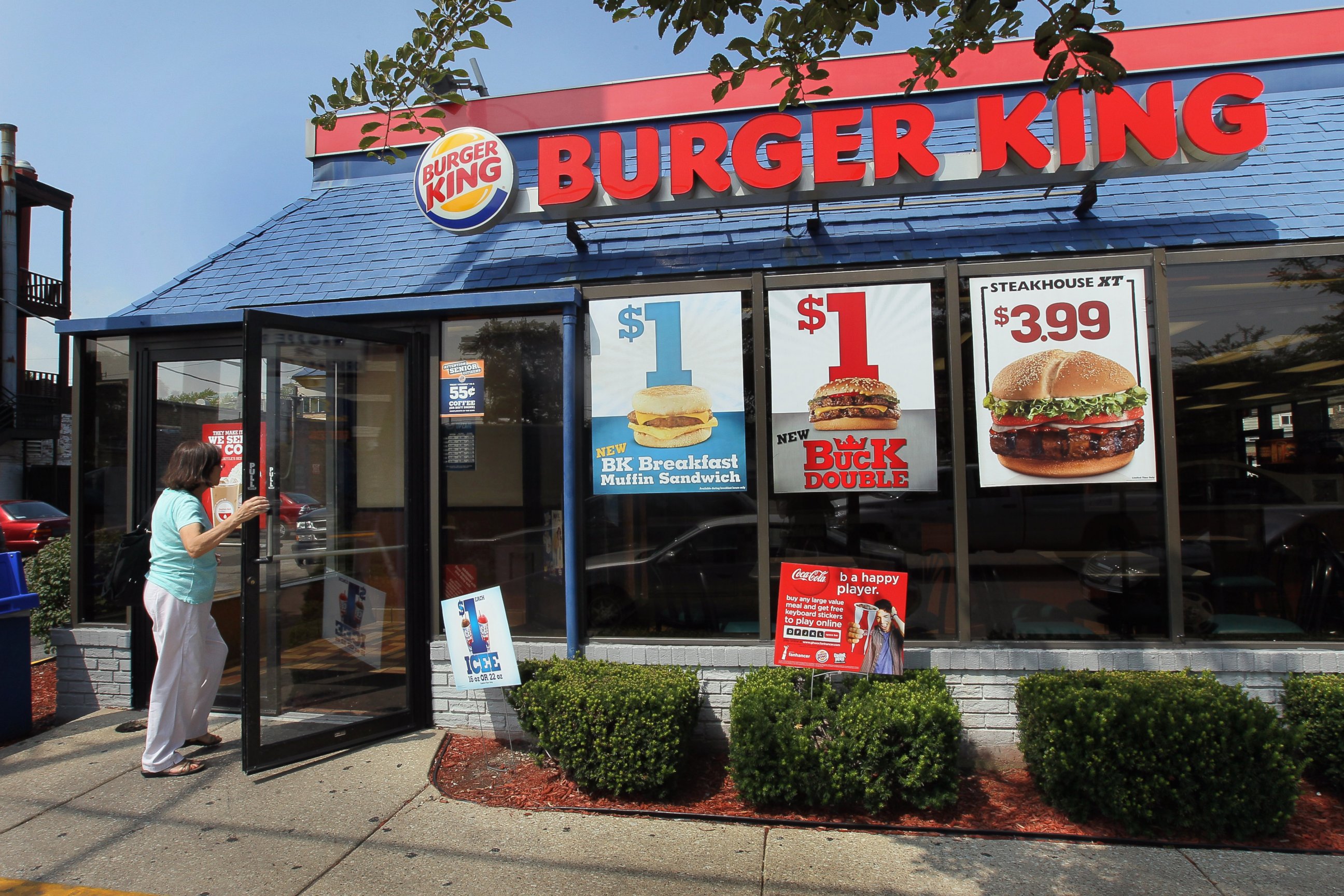Canadians Decry Possible Burger King-Tim Hortons Merger: 'Save Timmies!'
There are few things more aligned with Canadian culture than Tim Hortons.

— -- The possibility of Burger King merging with Canadian chain Tim Hortons may have Americans worried about tax revenue fleeing to Canada, but America's neighbors to the north say they could lose something that's as Canadian as Canadian bacon -- again.
OK, so maybe they might be able to swallow a Burger King merger if it just stays away from Tim Hortons' steeped tea and honey cruller doughnut. Don't mess too much with the formula, they say, as some felt Wendy's did after it took over their beloved "Timmie's" in 1995.
Ian Hardy, 37, of Toronto, who founded the fan site InsideTimmies.com, said his acquaintances are venting on Twitter about the potential merger involving Tim Hortons, which is named after a Canadian hockey player.
When Sears Was a Retail Star, Not Losing $1B in Six Months
Bourbon Industry in Largest Expansion Since End of Prohibition
"More people were writing, 'Please no' and 'Save Timmie’s,' Hardy said. "From a Canadian perspective, Tim Hortons, the brand itself, is deeply in our Canadian culture. If you go on a road trip, you go to Timmie’s. If you go on vacation, you go Timmie’s."

Hardy, an advertising professional, launched his fan site in 2012. The site, which he said had about 100,000 visitors last month, is not affiliated with Tim Hortons.
On Sunday, the two companies issued statements saying they were in discussions and that a new publicly listed company would be headquartered in Canada, which would be the largest market of the combined company. Like the Canadian side of Niagara Falls that towers over that of the U.S., the Canadian side of the combination would have more stores and more assets than those in the U.S. if the companies merged.
Hardy goes to Tim Hortons about three times daily but can't remember the last time he frequented a Burger King restaurant.

"Burger King has a good reputation in Canada, but Tim Hortons far exceeds it, which is why Canadians are very loyal to it. They feel it’s part of their culture," he said.
When asked if Tim Hortons might experience a business backlash from customers, he said, "I’m not too sure if Canadians would boycott. It’s just not in our blood to do it."
Hardy said he would come to terms with the combined company if the two brands remain distinct businesses. In a joint statement, the companies said that should discussions progress, Tim Hortons and Burger King "would operate as standalone brands, while benefiting from shared corporate services, best practices and global scale and reach."
"When I first read about the news, I thought, 'No way,' because I’m a big fan and I was shocked," he said of the potential merger. "Tim Hortons went down this route before when they merged with Wendy’s and that didn’t turn out very well."
In 1995, American fast food chain Wendy's bought Tim Hortons.
Hardy recalled many Tim Hortons purists were not thrilled with the addition of more food items instead of the coffee and doughnuts for which the chain is famous. But Hardy said he felt neutral or positive because the chain stayed mostly true to its Canadian roots with its coffee, steeped tea and doughnuts.
In March 2006, Tim Hortons went public through the New York Stock Exchange and spun off as a separate company in September of that year. By 2009, Tim Hortons filed documents to return its corporate headquarters north of the border.
“It’s potentially shocking that this might happen. From a Canadian standpoint, you want one company from your country to succeed and not to be overtaken,” Hardy said. “Burger King, in my mind, is really fast food -- burgers and fries -- while Tim Hortons will usually take a healthier approach, apart from the doughnuts.”




